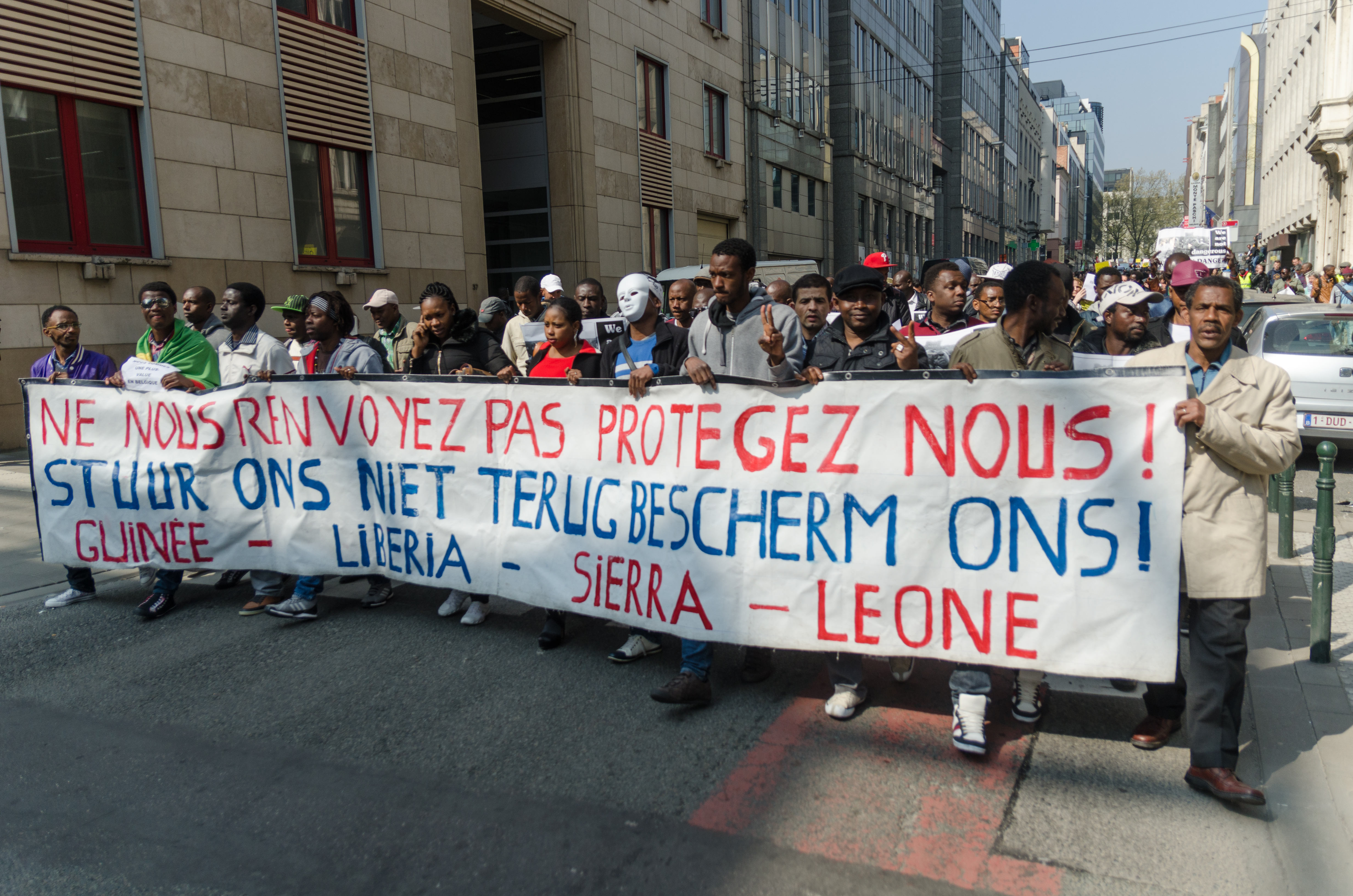Sealing off the EU makes it harder to promote human rights
After the meeting in Vienna, the policymakers said they wanted Frontex, the EU’s controversial border security force, to act more stringently. Moreover, they indicated that it would be good to reach agreements similar to the one the EU struck with Turkey with other non-EU countries. Basically, it means paying those countries money for keeping foreigners within their borders and taking back people who fled to the EU. Egypt, Pakistan, Afghanistan and Mali are countries under consideration. German Chancellor Angela Merkel appreciates the approach.
This policy may seem pragmatic since there is populist opposition to the acceptance of refugees in many EU countries. The problem, however, is that human-rights organisations do not consider the countries under consideration safe. Their societies are haunted by unrest and violence, sometimes bordering on civil war. Egypt’s regime rose to power in a military coup in 2013, and the elections that were held since were neither free nor fair. It is estimated that the Egyptian government has killed about 2000 people and imprisoned tens of thousands since it grabbed power. Turkey’s government, by the way, is not beyond reproach either.
For good reason, the EU is normally proud to promote human rights. African and Asian observers, however, often accuse Europe of double standards. The more the EU seals off its borders to people fleeing from oppression and misery, the less convincing Europe’s human-rights rhetoric becomes. As a result, European development agencies will find it increasingly difficult to convince partners of improving governance. That applies to governmental as well as non-governmental agencies.
Human rights are universal. One untiring promoter of religious freedom is Volker Kauder, the head of the Christian Democrats, Merkel’s party, in Germany’s Federal Parliament, the Bundestag. He only recently bemoaned that a new report on religious freedom around the world lacked country profiles. The report was prepared by the government he supports.
Kauder explicitly said that the situation of persecuted Christians in Pakistan would have deserved attention. He is right. The fate of Pakistan’s Christian minority matters. And so does the fate of other minorities who are victimized in Pakistan, for instance Shia Muslims. The truth is that Pakistan is a fragile state which cannot guarantee the safety of minorities.
The German public, by the way, does not unanimously support the closing off of Europe. One of the most prominent skeptics is probably Horst Köhler, the former German president and former IMF managing director. He too is a Christian Democrat. He warns that deals with non-EU governments cannot solve the problem of young people trying to get to Europe because they lack prospects at home. The current policy, he says, may only result in foreign governments pocketing money. In his eyes, a strategic approach is needed, not short-term action. According to him, there must be a legal way for young people to come to Europe. Top policymakers should pay attention to him. His views make sense from the long-term developmental perspective.
P.S.: The radio news (Deutschlandfunk, Germany's national public radio) just reported that Merkel said that Germany' official development assistance must rise, and that improving African prospects are a core issue of the refugee and mirgration debate. This is most welcome, and in line with what Köhler often says. Nonetheless, cooperating on matters of human rights with governments which do not respect human rights remains problematic. It certainly does not help to win hearts and minds in Africa, the Middle East, South Asia or other world regions where people cannot take human rights cannot for granted.








